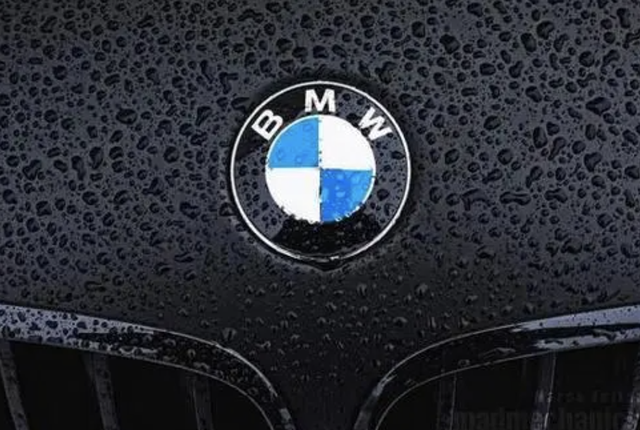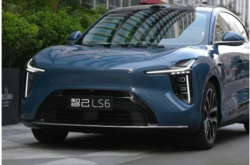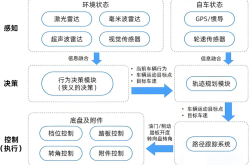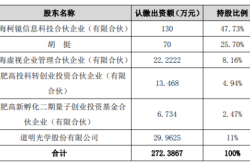BMW sales in August nearly halved, BMW returns to the "price war", experts believe it is an inevitable choice
![]() 09/23 2024
09/23 2024
![]() 508
508

Recently, BMW Group announced its sales data for the Chinese market in August 2024, showing a significant decline in sales. Only 34,800 vehicles were sold, a sharp drop of 42% year-on-year, almost "halved", reflecting profound changes in the competitive landscape of the Chinese luxury car market.
The latest financial report shows that in the first half of 2024, BMW's automotive business had a total revenue of €63.009 billion, roughly flat with the same period in the previous fiscal year, but net profit fell to €5.656 billion, a year-on-year decrease of 14.6%. In the Chinese market, BMW's deliveries fell to 376,400 units, a year-on-year decrease of 4.3%. Facing the sharp decline in sales, BMW had to re-examine its market positioning and competitive strategy and decided to return to the "price war".
BMW's return to the price war is the result of multiple factors. First, the recent sharp decline in sales and market pressure forced BMW to adopt a more aggressive sales strategy. Second, the previous price increase strategy failed to achieve the desired results, leading to a decline in consumer trust in the brand and further declines in sales. In addition, the rapid rise of local electric vehicle manufacturers in China, with their technological innovation and cost-effective advantages, continues to capture market share, posing a significant threat to traditional luxury brands such as BMW.
In August, none of BMW's models sold more than 10,000 units, with the best-selling BMW 3 Series selling only 7,921 units, a stark contrast to BMW's previous stellar performance. In contrast, rival Mercedes-Benz sold 49,000 units in August, Audi sold 47,900 units, and domestic new energy vehicle brands such as Li Auto sold 48,000 units, posing a formidable challenge to BMW.
To boost sales and maintain market share, BMW decided to lower the prices of some models. This move covers core models such as the i7, 3 Series, and 5 Series, and aims to meet year-end sales targets. However, while price cuts can boost sales in the short term, how to maintain brand competitiveness and achieve sustainable development remains a key consideration for luxury brands like BMW in the long term.
BMW stated in its announcement that it expects a slight year-on-year decline in deliveries for fiscal year 2024, having previously forecast a slight increase; the expected EBIT margin is between 6% and 7%, lower than the previously forecasted 8% to 10% and significantly below market expectations of 8.37%; the expected return on capital employed (RoCE) is 11% to 13%, also lower than the previously forecasted 15% to 20%. These figures indicate that BMW is facing severe market challenges and financial pressures.
BMW Returns to Price War
Amid the increasingly fierce competition in the global automotive market, BMW announced its return to the price war by adjusting the prices of multiple models in its lineup to respond to market challenges and boost sales with more flexible and competitive pricing strategies.
Behind this decision lies BMW's proactive response to multiple pressures, including declining sales, intensifying competition, and shifting consumer preferences. According to the latest data, BMW's sales in the Chinese market plunged 42% year-on-year in August, with only 34,800 units sold. Facing this dire situation, BMW decided to restart the price war to attract consumers with price advantages and restore market confidence.
BMW's return to the price war covers not only its popular gasoline-powered models such as the 3 Series and 5 Series but also significantly increases discounts on new energy vehicles. In particular, the flagship electric model i7 has seen price cuts of up to 38% in 4S stores across China, with the maximum discount exceeding RMB 555,000, demonstrating BMW's determination not to be outdone in the new energy market.
BMW stated that this return to the price war is an effective means for the company to address market fluctuations and boost sales in the short term. At the same time, BMW emphasized that in the long run, it will continue to increase investment in new energy technologies and expand its product portfolio to adapt to the global trend of automotive market transformation towards new energy.
It is worth noting that BMW has not neglected the protection of brand value while returning to the price war. The company said it will strive to find a balance between price competition and brand value to ensure that sales growth does not compromise the brand's premium positioning and market image.
Industry experts said BMW's return to the price war is an inevitable choice in the face of market challenges. In today's increasingly competitive automotive market, price competition has become an essential tool for companies to compete for market share. By adjusting its pricing strategy, BMW can effectively boost sales, enhance market confidence, and lay a solid foundation for the company's long-term development.
Experts also suggested that while returning to the price war, BMW should focus more on improving product quality and service levels to win consumers' trust and recognition with quality products and services. Only in this way can BMW remain invincible in the fierce market competition and achieve sustainable development.
BMW's return to the price war is a proactive response to the current market environment. By adjusting pricing strategies and enhancing product competitiveness, BMW is expected to rebound in sales and stabilize its market share over the coming period. Meanwhile, the company will continue to increase investment in new energy technologies and product development to adapt to global automotive market trends and changing consumer demands.
Net profit fell 14.6% in the first half of the year
Earlier, BMW Group released its financial report for the first half of 2024, showing that the group's net profit fell 14.6% year-on-year to €5.656 billion.
According to the financial report, BMW Group's total revenue in the first half of the year was €73.558 billion, a slight decrease of 0.7% from the same period last year. Despite the flat total revenue, the significant decline in net profit indicates the company's challenges in cost control, market competition, and the global economic environment.
In the Chinese market, BMW's performance, as the largest single market, is particularly noteworthy. In the first half of the year, BMW delivered 376,400 vehicles in China, accounting for about 30% of total sales, but this was a year-on-year decrease of 4.3%. This figure indicates that while BMW remains an important player in the Chinese market, intensifying competition and shifting consumer preferences have significantly impacted its sales.
Facing the decline in net profit, BMW Group stated that it will actively address market challenges and adopt a series of measures to improve performance. First, BMW will continue to increase investment in new energy technologies and promote the electrification of its product portfolio. In the first half of the year, BMW performed impressively in the electric vehicle sector, with pure electric vehicle deliveries growing by 24.6% year-on-year to 190,600 units. Going forward, BMW plans to further enrich its new energy product line to meet consumers' demand for environmentally friendly and efficient vehicles.
BMW will optimize its cost structure and improve operational efficiency. Facing rising manufacturing and fixed costs, BMW will adopt more refined management practices to reduce unnecessary expenses and enhance overall profitability.
Additionally, BMW will strengthen marketing and brand building to enhance consumer awareness and loyalty to the brand. Through various events and improved service quality, BMW aims to elevate its brand image and attract more potential customers.
Looking ahead, BMW Group stated that it will closely monitor market trends and changes in consumer demand, flexibly adjusting its market strategies and product layouts. Simultaneously, BMW will continue to strengthen cooperation and support with dealers to jointly address market challenges and achieve sustainable development.
Despite the decline in net profit in the first half of the year, BMW Group expressed confidence in its future development. By actively addressing market challenges, increasing investment in new energy technologies, optimizing cost structures, and strengthening marketing and brand building, BMW expects to achieve steady growth in performance and further consolidate its market share in the future.







